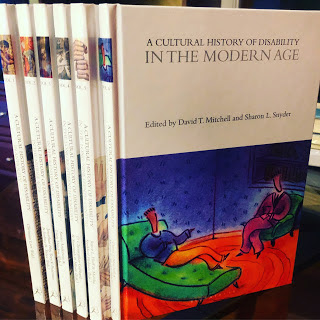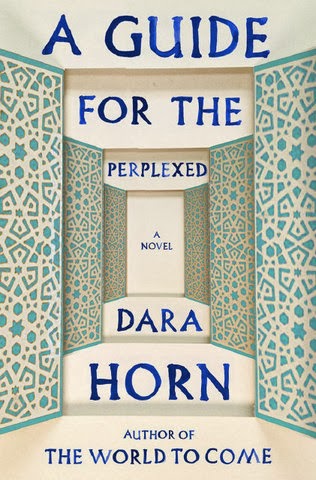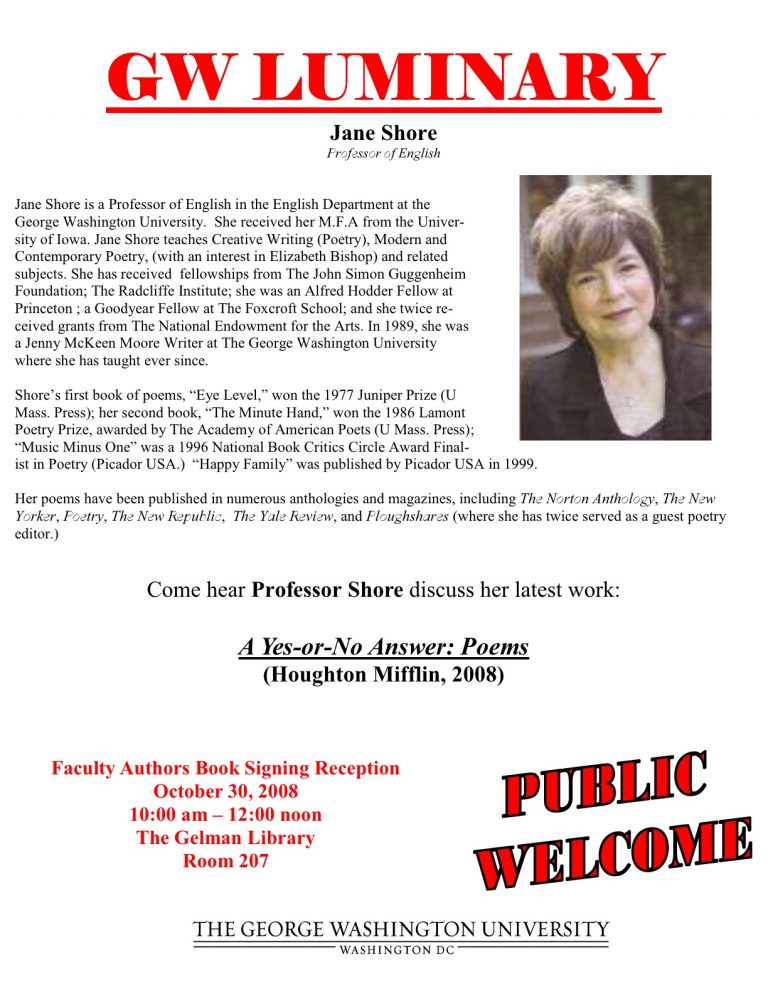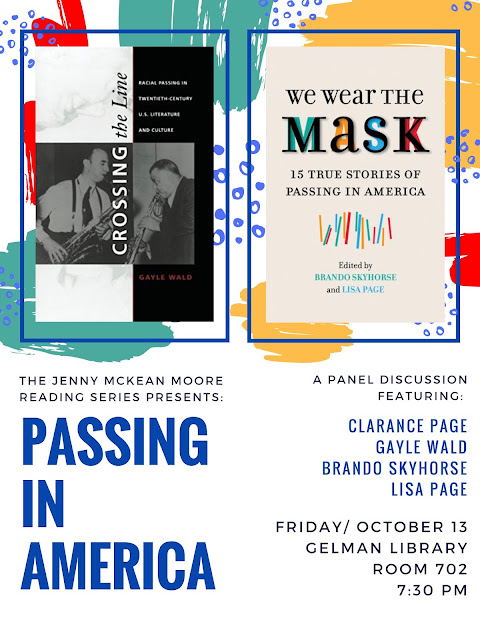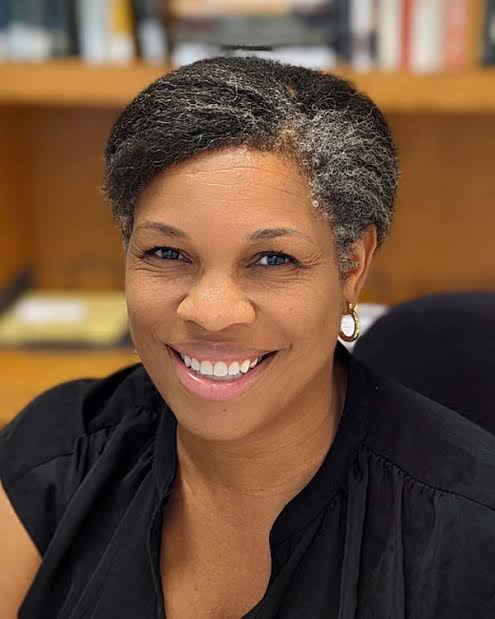Composing Disability: A Cultural History of Disability is Back!
We are happy to announce that the Composing Disability conference that was postponed last year will be returning virtually on Friday, April 9th, 2021. Please join us in celebrating the publication of A Cultural History of Disability. This six-volume collection focus on Antiquity, the Middle Ages, the Renaissance, the Long Eighteenth Century, the Long Nineteenth Century, and the Modern Age. The presenters for the event are listed in the program below and feature Martha Stoddard Holmes of California State, San Marcos and Joyce Huff of Ball State University (GW English PhD, 2001) who will deliver the keynote address for this event. All six volumes of A Cultural History of Disability will be available via the Gelman Library.
Composing Disability: A Cultural History of Disability is free and open to the public and will take place on April 9th, 2021 as a virtual event. The conference will feature live transcription and an ASL interpreter. Please visit this Eventbrite link to register for the event.
A Cultural History of Disability includes numerous participants from GW. The general editors for the six-volume series are David Bolt and GW English Professor Robert McRuer. The volume on the Middle Ages is edited by Professor Jonathan Hsy, along with Tory V. Pearman and Joshua R. Eyler, and the volume on the Modern Age is edited by Professor David T. Mitchell and Sharon L. Snyder. Department Chair Professor Maria Frawley has a chapter in the Nineteenth Century volume and PhD candidate Emily Lathrop has a chapter in the Renaissance volume. The volume on the Modern Age includes contributions from PhD candidate Zara Richter, Samuel Yates (GW English PhD, 2019), and Theodora Danylevich (GW English PhD, 2018). The Renaissance volume also includes a chapter by Gallaudet Professor Jennifer Nelson, who received her BA from GW English in 1988. Alan Montroso (GW English PhD, 2019) and Haylie Swenson (GW English PhD, 2018) will also participate in the event as medieval specialist.
 |
| Joyce Huff |
A Cultural History of Disability spans more than 2,500 years. Bolt and McRuer write in the series’ preface: “A ‘system of representation,’ according to Stuart Hall, ‘consists, not of individual concepts, but of different ways of organizing, clustering, arranging, and classifying concepts, and of establishing complex relations between them.’ From this cultural studies perspective, a cultural history of disability is attuned to how disabled people have been caught up in systems of representation that, over the centuries (and with real, material effects), have variously contained, disciplined, marginalized, or normalized them. A cultural history of disability also, however, traces the ways in which disabled people themselves have authored or contested representations, shifting or altering the complex relations of power that determine the meanings of disability experience.”
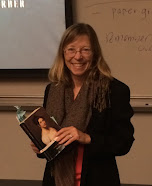 |
| Marth Stoddard Holmes |
Please join us on April 9th!
SCHEDULE OF EVENTS
11:00 AM-12:30 PM ROUNDTABLE: A Cultural History of Disability in the Middle Ages and the Renaissance. Moderator: Jonathan Hsy
Haylie Swenson, “Disability Studies and Animal Studies”
Alan Montroso, “Monstrosity, Disability, Ecology”
Emily Lathrop, “Learning Difficulties: The Idiot and the Outsider in the Renaissance”
Jennifer Nelson, “Deafnesses and Silences in Shakespeare’s England”
1:30-3 PM ROUNDTABLE: A Cultural History of Disability in the Nineteenth Century and the Modern Age. Moderator: David Mitchell
Maria Frawley, “Chronic Pain: ‘The Wounded Soldiery of Mankind'”
Theodora Danylevich, “Chronic Pain and Illness: States of Privilege and Bodies of Abuse”
Zara Richter, “Speech Disability‘s Awkward Late Modernity: A Multimodal Historical Approach”
Samuel Yates, “Deafness: Screening Signs in Contemporary Cinema”
3:30-5 PM Keynote Address: Martha Stoddard Holmes and Joyce Huff, editors of A Cultural History of Disability in the Long Nineteenth Century. Moderator: Robert McRuer

